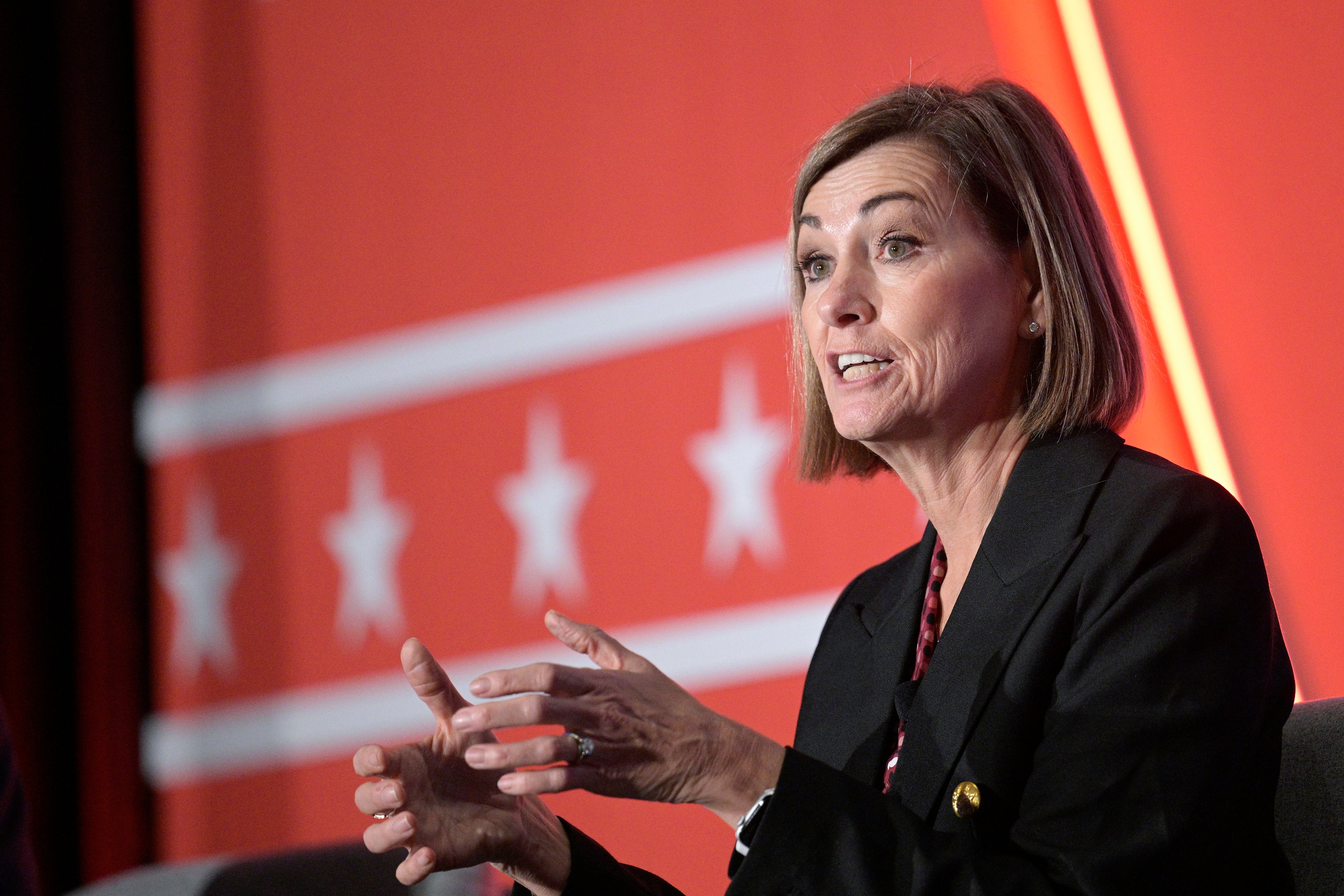Iowa judge blocks effort to ban most abortions in the state
A state judge has blocked an effort to ban most abortions in Iowa by upholding a court decision made three years ago

Your support helps us to tell the story
From reproductive rights to climate change to Big Tech, The Independent is on the ground when the story is developing. Whether it's investigating the financials of Elon Musk's pro-Trump PAC or producing our latest documentary, 'The A Word', which shines a light on the American women fighting for reproductive rights, we know how important it is to parse out the facts from the messaging.
At such a critical moment in US history, we need reporters on the ground. Your donation allows us to keep sending journalists to speak to both sides of the story.
The Independent is trusted by Americans across the entire political spectrum. And unlike many other quality news outlets, we choose not to lock Americans out of our reporting and analysis with paywalls. We believe quality journalism should be available to everyone, paid for by those who can afford it.
Your support makes all the difference.An effort to ban most abortions in Iowa was blocked Monday by a state judge who upheld a court decision made three years ago.
Judge Celene Gogerty found there was no process for reversing a permanent injunction that blocked the abortion law in 2019.
Gov. Kim Reynolds said in a statement that she would appeal the decision to the Iowa Supreme Court.
Current state law bans abortions after 20 weeks of pregnancy, but Reynolds asked the courts to reverse the 2019 decision that blocked a bill she had signed into law the previous year. That law prohibited abortions once cardiac activity can be detected — the “fetal heartbeat” concept — which usually happens around six weeks of pregnancy and is often before many women know they’re pregnant.
Reynolds argued that because of decisions earlier this year by the U.S. Supreme Court and the Iowa Supreme Court that found woman have no constitutional right to abortion, the Iowa judge should reverse the 2019 decision blocking the abortion law.
Lawyers for Iowa’s largest abortion provider, Planned Parenthood, countered that there is no precedent or legal support for reversing a decision finalized by a judge years earlier. They said Reynolds must go through the legislative process to pass a new law.
Reynolds did not appeal the decision when it was handed down in 2019.
At that time, Judge Michael Huppert's decision was based on U.S. Supreme Court precedent, as well as an Iowa Supreme Court decision in 2018 that declared abortion a fundamental right under the Iowa Constitution.
Reynolds, who supports outlawing abortions, decided to turn to the courts to impose stricter abortion limits instead of calling a special session of the legislature to pass a new law.
Although Iowa's law blocked by the courts seeks to prevent abortions when a “fetal heartbeat” can be detected, this does not easily translate to medical science. That's because the point where advanced technology can detect that first visual flutter, the embryo isn’t yet a fetus, and it doesn’t have a heart. An embryo is termed a fetus eight weeks after fertilization.
The Iowa law contains exceptions for medical emergencies, including threats to the mother’s life, rape, incest, and fetal abnormality.